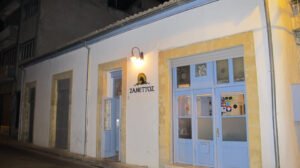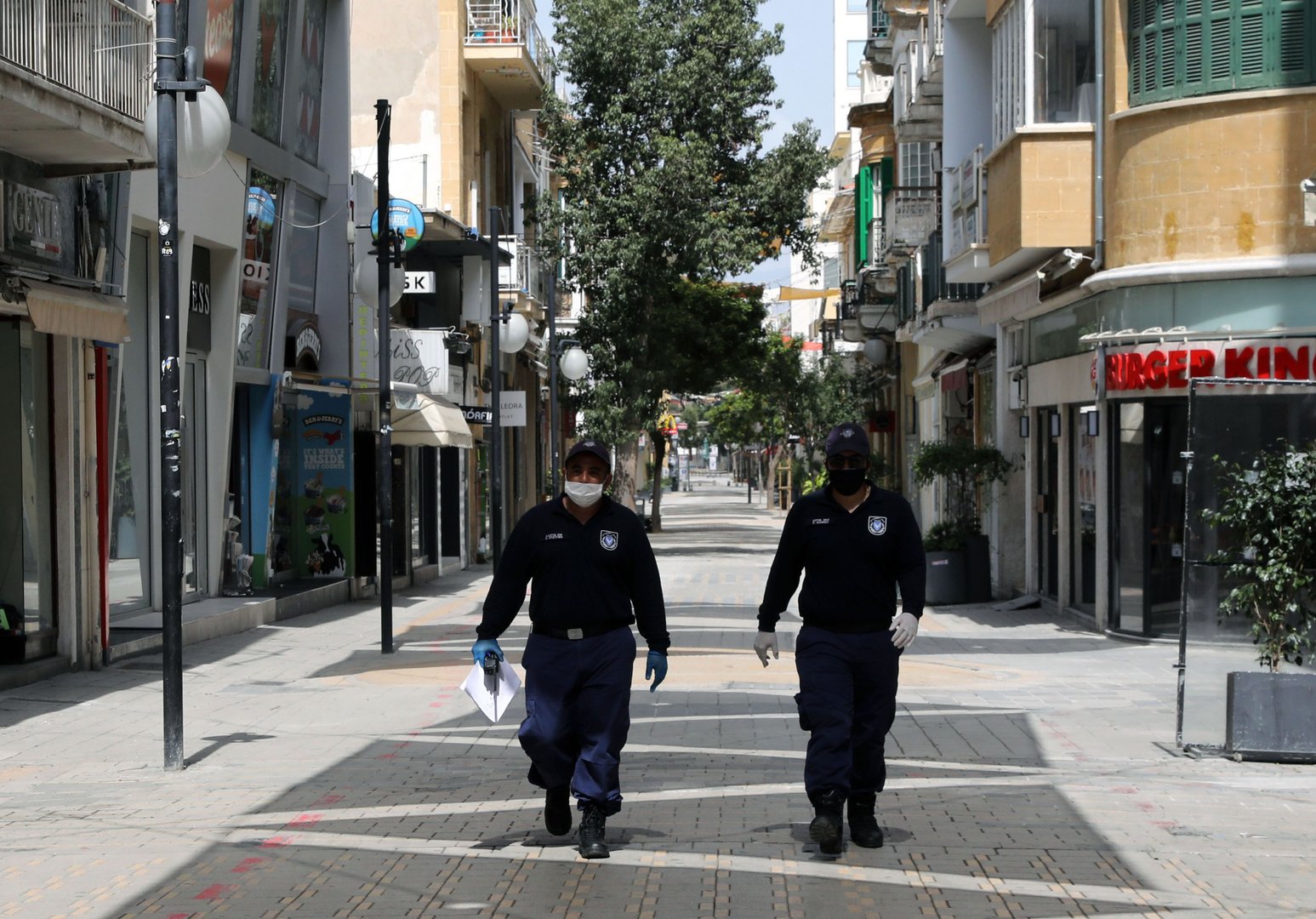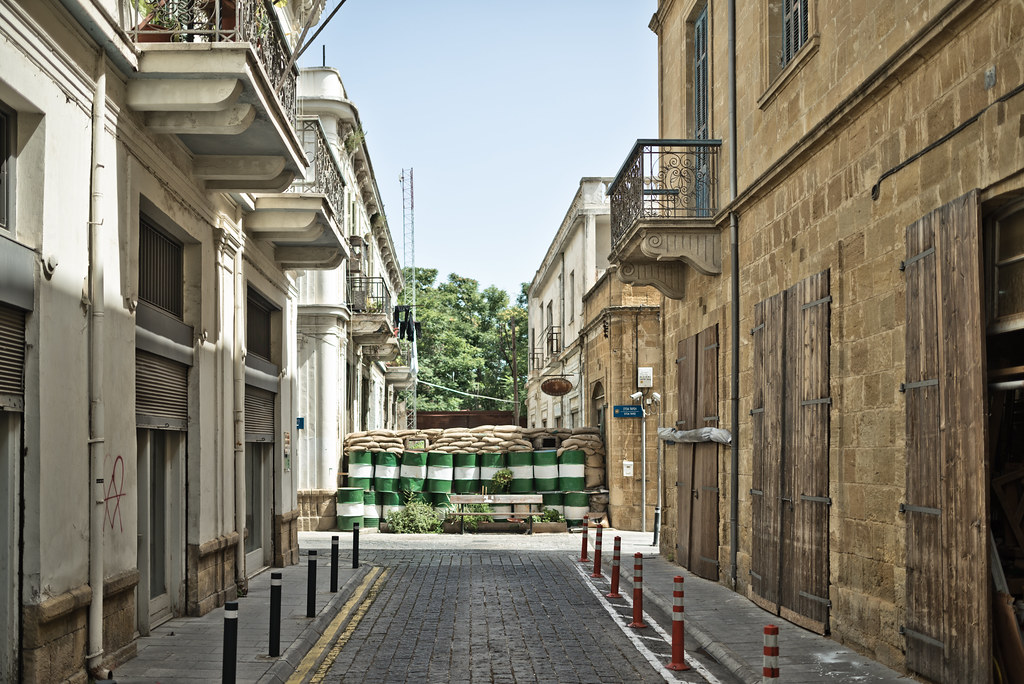Inch by inch in this year of the virus, safeguards for civil liberties have been stripped away
By Elias Hazou
Two years ago, this author wrapped up the annual recap sending out a distress call: if there are any independent outfits out there concerned about government overreach, act, do something to stem the tide of creeping authoritarianism.
Since then a lot of water has gone under the bridge. Though harbouring no illusions that things might get better over time, back in December 2018 this author could never have imagined the current predicament we now found ourselves in: all it took was a few months of non-stop daily carpet bombing with fear munitions, and the slide into tyranny escalated fast in 2020.
And so because of the ‘invisible enemy’ – whose name shall not be spoken – we got the curfews, sought permission to venture outdoors during non-curfew hours, and got told how many people we’re allowed to invite into our own home – all the while being talked down to like children by the ‘experts’ of the scientific intelligentsia.
For our own protection, naturally.
Here the words of British writer CS Lewis ring poignantly true. “Of all tyrannies,” he said, “a tyranny sincerely exercised for the good of its victims may be the most oppressive.
“This very kindness stings with intolerable insult. To be ‘cured’ against one’s will and cured of states which we may not regard as disease is to be put on the level of those who have not yet reached the age of reason or those who never will; to be classed with infants, imbeciles, and domestic animals.”
We see this for example whenever there’s an uptick in positive tests for the disease-that-shall-not-be-named. The same script gets rolled out: it’s the public’s fault, or rather, the fault of a small wayward minority not heeding the scriptures.
But it’s not just the government’s feet that need to be held to the fire – the legislature has failed us as well. It transpires that in March our MPs enacted an amendment empowering the health minister to pass decrees without any checks and balances – in effect worse than had the state instead declared a state of public health emergency, where at least the ordinances would be subject to parliamentary oversight.
More alarmingly still, lockdowns – soft or hard – flip the concept of innocent-until-proven guilty on its head. Now, on the grounds that you may be a potential carrier, everyone is placed under ‘house arrest’.
Inch by inch, safeguards for civil liberties keep getting stripped away, until people gradually become desensitised and conditioned to the ‘new norm’.
Whatever your take on the restrictions – necessary or not, proportionate or not – you cannot dispute that they result in less freedom. Those who wave off such concerns – “it’s only temporary” – clearly suffer from naivety and historical amnesia.
Meantime those who do question the orthodoxy and the government excess, either get labeled stubborn contrarians or else ‘conspiracy theorists’ – the go-to-line that aims to shut down a debate.
We now know from scientific studies that the survival rate for the abominable pestilence stands at around 99.8 per cent. We also know that, among the millions upon millions of cases worldwide, a few dozen or so instances of re-infection don’t even count as background noise – let alone constitute a premise to dispute the well-established phenomenon of naturally acquired immunity.

In late November the Zanettos taverna in old Nicosia said they were shutting down on their own accord rather than abide by the restrictions in exchange for government handouts
So where are all the human/civil rights lawyers, which Cyprus churns out like automobile parts on a factory assembly line? Apart from a commentary here and there, and an open letter penned by a group of attorneys voicing lukewarm concern at the blanket ban on gatherings – radio silence.
A cynic might conclude there’s no money in it for the learned counselors.
On the flipside, and some grumbles notwithstanding, businesses impacted by the wholly manmade financial crunch seem content with state handouts – keeping them barely afloat for the time being – even though they could earn far more were they to operate without the crushing restrictions. One would have thought the small shopkeeper might have led the charge against this loss of economic freedom. One would have thought.
So what’s wrong? How to explain this passivity, this docility, this fatalism?
Certainly panic-mongering over the disease does play a part. Another factor is peer pressure – a business defying the decrees would get hammered by the self-righteous social media bullies. “How dare you, you’re putting lives at risk” etc.
But someone did buck the trend somewhat. In late November the Zanettos taverna in old Nicosia said they were shutting down on their own accord rather than abide by the restrictions in exchange for government handouts.
Whatever their true motives, and regardless whether they’ve read the works of Frédéric Bastiat, the taverna owners captured the essence of what it means to be an entrepreneur: I want to make it on my own merit.
A parting thought. One can complain from dusk till dawn about the rise of despotism. But in this author’s humble opinion, the key lies not so much in the top-down government diktats, but in ourselves. After all, the state draws consent from the public, who can withdraw that consent at any time.
Étienne de La Boétie, a 16th century French political philosopher described this eloquently in his essay ‘Discourse on Voluntary Servitude’. He said people often tend to obey out of force of habit. Or in modern parlance: don’t rock the boat, it’s just the way things are.
They don’t have to be.






Click here to change your cookie preferences